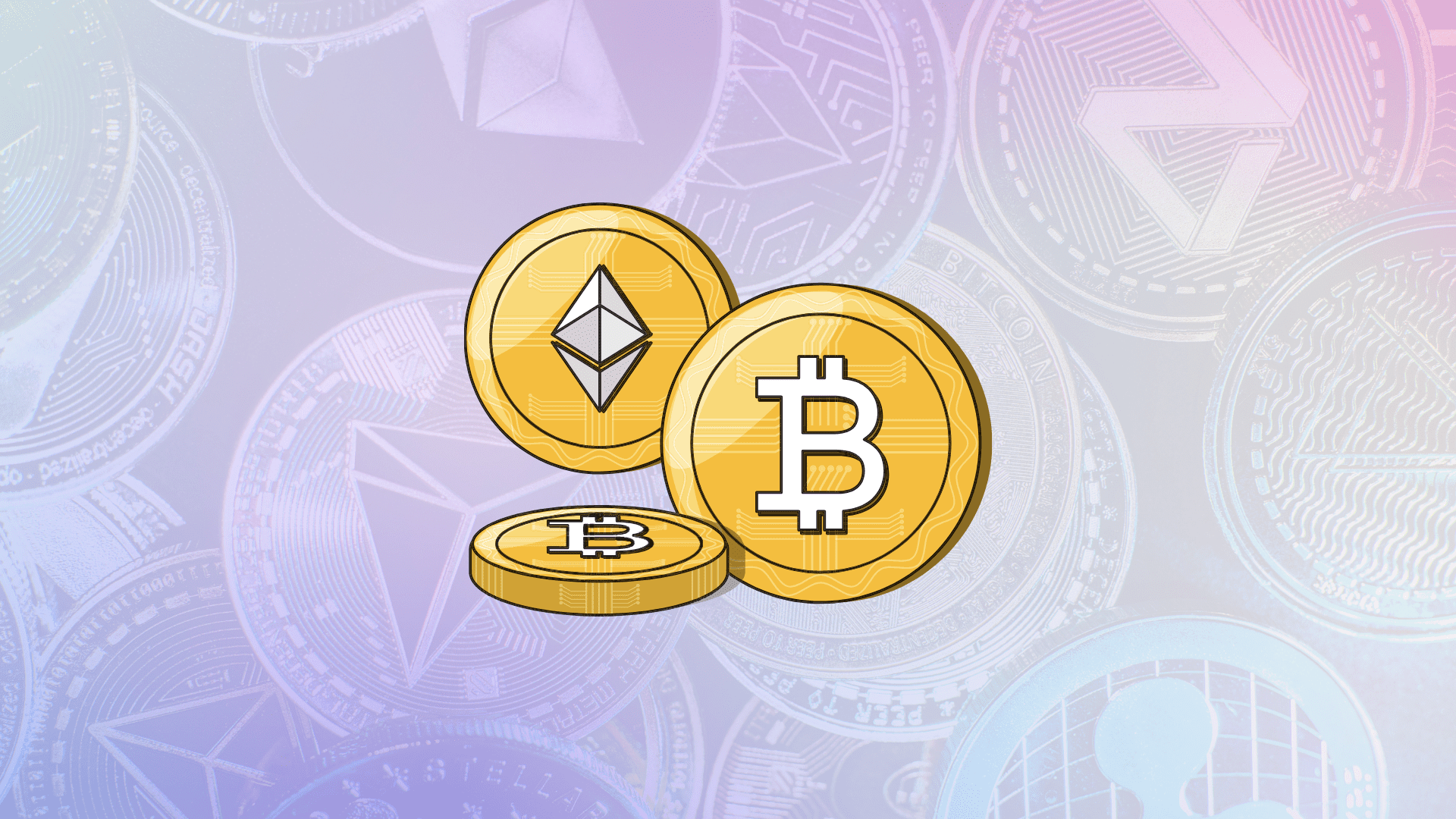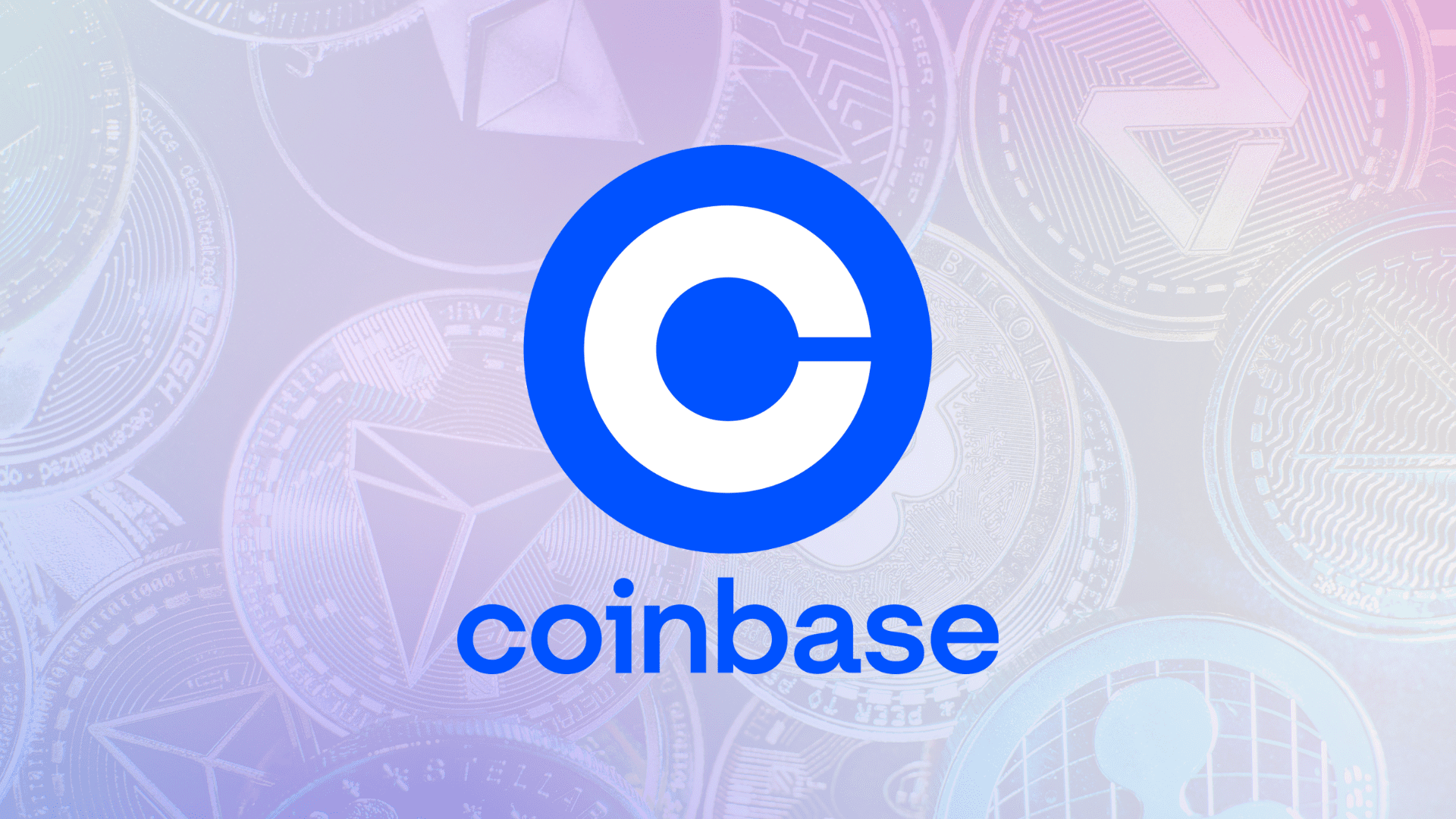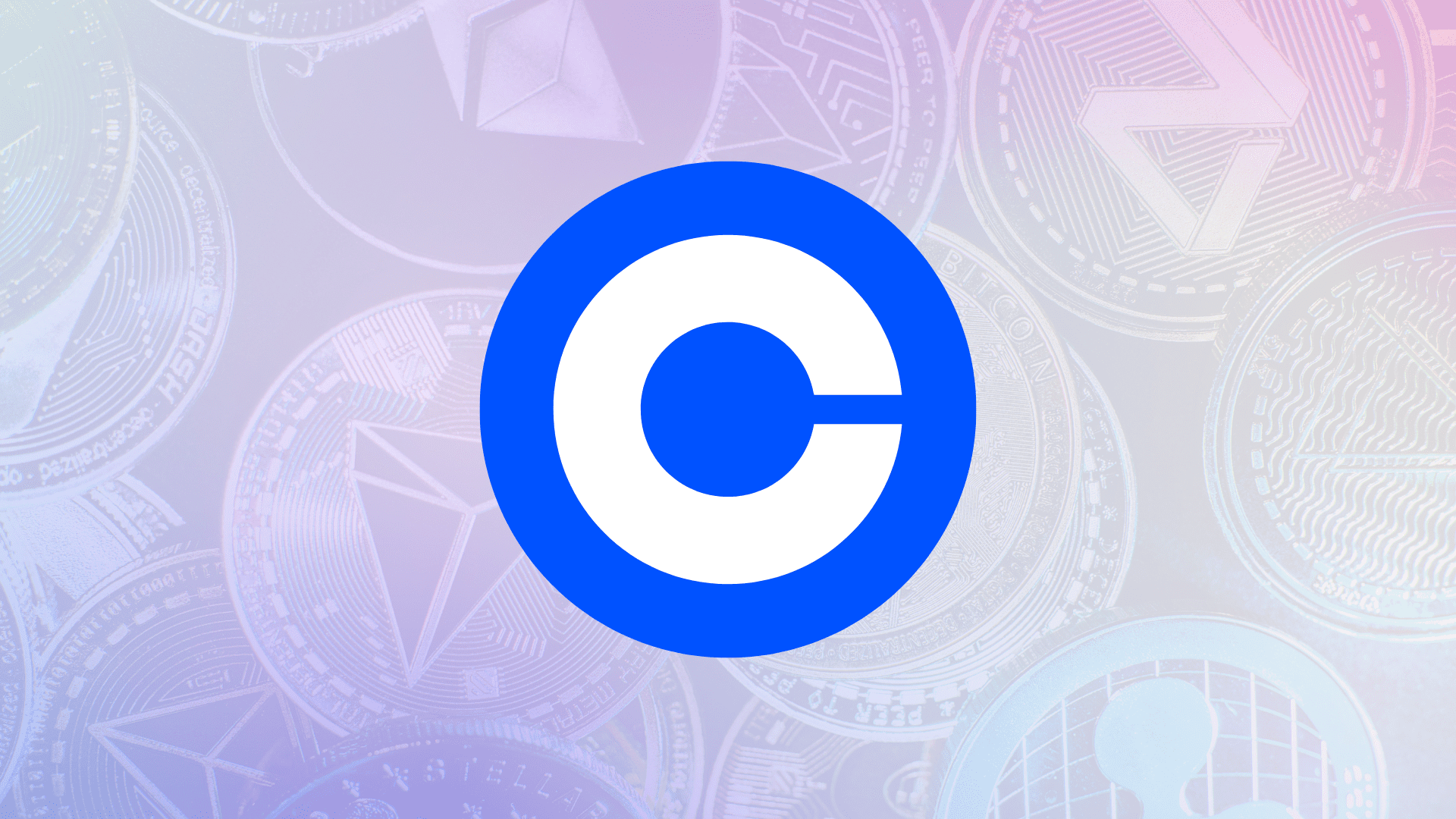At NFT Droppers, we provide the latest crypto news, in-depth project information, and comprehensive market insights. Launched in 2022, our platform covers new token launches, market trends, and detailed reviews of crypto and NFT projects. We offer reliable ratings based on 70+ evaluation factors, including tokenomics, roadmaps, and team authenticity. Whether you’re an investor or a crypto enthusiast, NFT Droppers keeps you informed with accurate, up-to-date information and expert analysis.
Best VPNs for Crypto Trading in 2025

Table of Contents
Crypto trading is a high-stakes game. One wrong move—say, a hacker sniffing out your wallet’s private keys—and your portfolio’s toast. I’ve been in the crypto trenches long enough to know that privacy isn’t just nice to have; it’s your shield against the chaos of phishing scams, exchange hacks, and nosy ISPs. A Virtual Private Network (VPN) is the simplest way to lock down your trades, hide your tracks, and keep the wolves at bay. But not all VPNs are built for the crypto grind. Some are too slow for real-time trades. Others skimp on security, leaving you exposed. That’s why I’ve sifted through the noise to bring you the best VPNs for crypto trading in 2025—battle-tested tools to secure your wealth and give you an edge.
Why You Need a VPN for Crypto Trading
Let’s cut the crap. Crypto’s not anonymous by default. Every trade you make, every wallet you touch, leaves a digital footprint tied to your IP address. Without a VPN, hackers, governments, or even your internet provider can trace your moves. In 2024 alone, over $1.7 billion in crypto was stolen through exchange breaches and phishing attacks. A VPN encrypts your connection, masks your location, and makes your traffic unreadable. It’s like trading from a bunker—nobody knows where you are or what you’re doing.
Then there’s the freedom angle. Some exchanges, like Binance or Bybit, restrict access based on where you’re located. A VPN lets you sidestep those geo-blocks, connecting you to servers in crypto-friendly countries. Travelling? Public Wi-Fi at airports or cafés is a hacker’s playground. A VPN ensures your trades stay locked down, even on dodgy networks. And if you’re in a place with heavy crypto regulations, a VPN can keep you in the game without raising red flags.
What Makes a VPN Great for Crypto Trading?
Not every VPN is cut out for crypto. You need one that’s fast enough to handle live market data, secure enough to protect your funds, and flexible enough to dodge restrictions. Here’s what I looked for when picking the best:
- Military-grade encryption (AES-256) to keep your data ironclad.
- A strict no-logs policy, ideally audited, so your activity stays private.
- A kill switch to cut your internet if the VPN drops, preventing leaks.
- Fast speeds and low latency for real-time trading without lag.
- A wide server network to bypass geo-restrictions and access global exchanges.
- Support for crypto payments, like Bitcoin, for extra anonymity.
- Obfuscated servers to hide VPN usage in restrictive regions.
I’ve tested dozens of providers against these benchmarks, focusing on real-world performance for traders. No fluff, no hype—just what works.
The Best VPNs for Crypto Trading in 2025
Here’s the lineup of the top VPNs that’ll keep your crypto game tight. Each one’s been vetted for security, speed, and reliability, with practical tips on how to use them to dominate the market.
1. NordVPN
NordVPN is the gold standard for crypto traders. With over 7,100 servers across 110 countries, it’s got the reach to unlock any exchange, from Coinbase to KuCoin. Its NordLynx protocol, built on WireGuard, delivers blazing speeds—up to 1 Gbps in my tests—meaning no lag when you’re scalping BTC on a volatile day. Security? It’s locked down with AES-256 encryption, a kill switch, and a no-logs policy audited by PwC. Based in Panama, NordVPN’s outside the reach of nosy governments.
Why It’s Great for Crypto: Features like Double VPN route your traffic through two servers for extra privacy, while obfuscated servers hide that you’re using a VPN at all—perfect if you’re trading in a restrictive country. NordVPN accepts Bitcoin payments, so you can sign up without leaving a trace. Plans start at $3.09/month for a two-year deal, with a 30-day money-back guarantee.
How to Use It: Connect to a server in a crypto-friendly spot like Singapore or Switzerland, enable the kill switch, and fire up your exchange. Use split tunneling to route only trading apps through the VPN for max speed.
2. ExpressVPN
ExpressVPN is a beast for traders who value reliability. Its network spans 3,000+ servers in 105 countries, making it a breeze to access region-locked platforms. Speeds are solid—retaining 77% of baseline download rates in tests—ensuring smooth chart updates and trade execution. Security is top-notch with AES-256 encryption, a no-logs policy audited four times, and a Network Lock kill switch. Based in the British Virgin Islands, it’s a privacy haven.
Why It’s Great for Crypto: ExpressVPN’s TrustedServer tech runs on RAM-only servers, wiping data on reboot. It accepts payments in Bitcoin, Ethereum, and more via BitPay. The Threat Manager tool blocks trackers and phishing sites, a godsend for dodging crypto scams. Plans start at $4.99/month for a two-year deal, with a 30-day refund window.
How to Use It: Pick a server close to your exchange’s HQ (e.g., the UK for Binance) to cut latency. Enable Threat Manager to block sketchy ads on trading forums. Test it risk-free during the trial period.
3. Surfshark
Surfshark is the budget king, starting at $2.92/month for two years. Don’t let the price fool you—it’s a heavyweight with 3,200+ servers in 100 countries and unlimited device connections. Speeds hold up well, retaining 80% of baseline in tests, and its WireGuard protocol keeps trades snappy. Security includes AES-256 encryption, a no-logs policy audited by Deloitte, and a kill switch. Based in the Netherlands, it’s solid for privacy.
Why It’s Great for Crypto: Surfshark’s MultiHop feature doubles encryption for paranoid traders, and CleanWeb blocks malicious ads that could lead to phishing sites. It accepts Bitcoin and Ethereum payments. The Nexus tech dynamically routes traffic for better stability—handy during market pumps. You get a 30-day money-back guarantee.
How to Use It: Connect multiple devices to trade on your phone and laptop simultaneously. Use CleanWeb when browsing X for market tips to avoid scams. Pick servers in Canada or Germany for low-latency access to U.S. exchanges.
4. Proton VPN
Proton VPN is a privacy purist’s dream, built by the folks behind ProtonMail. With 5,600+ servers in 117 countries, it’s got global reach. Speeds are decent—around 70% retention in tests—and its Secure Core feature routes traffic through privacy-friendly countries like Switzerland. Security includes AES-256 encryption, a no-logs policy audited by Securitum, and a kill switch. It’s based in Switzerland, a fortress for data protection.
Why It’s Great for Crypto: Proton’s free plan is a rare gem, offering unlimited bandwidth for basic trading, though server choice is limited. Paid plans start at $4.99/month and unlock Secure Core and Bitcoin payments. The downside? Crypto payments are only available after upgrading from a free account. Still, it’s a solid pick for cautious traders. You get a 30-day refund on paid plans.
How to Use It: Start with the free plan to test waters, then upgrade for Secure Core servers. Connect to Switzerland or Iceland for max privacy when accessing DeFi platforms like Uniswap.
5. Private Internet Access (PIA)
PIA is a no-frills workhorse with 35,000+ servers across 91 countries—the biggest network here. Speeds are reliable, averaging 75% retention, and its open-source apps let you tweak settings for trading. Security is tight with AES-256 encryption, a no-logs policy audited by Deloitte, and a kill switch. Based in the U.S., it’s not ideal for jurisdiction, but audits ease concerns. Plans start at $2.19/month for three years, with a 30-day refund.
Why It’s Great for Crypto: PIA accepts Bitcoin, Ethereum, and more via BitPay. Its MACE feature blocks ads and trackers, cutting down on phishing risks. The sheer server count means you’ll always find a fast connection, even during market chaos. It’s a steal for the price.
How to Use It: Use the dedicated IP option ($5 extra/month) to avoid exchange CAPTCHAs. Connect to servers in Singapore or Japan for Asian exchanges like Bybit. Tweak encryption for speed if you’re day trading.
How to Choose the Right VPN for You
Your trading style dictates your VPN. Day traders need lightning-fast speeds to catch price swings—NordVPN or ExpressVPN are your best bets. If you’re HODLing or staking, Proton VPN’s privacy focus keeps your long-term moves discreet. On a budget? Surfshark or PIA deliver without breaking the bank. Travelling often? Pick one with a massive server network like NordVPN or PIA to stay connected anywhere. If anonymity’s your thing, go for VPNs accepting crypto payments and based outside Five Eyes jurisdictions (U.S., UK, Canada, Australia, New Zealand).
Test speeds with a trial or money-back guarantee. Latency matters—connect to servers close to your exchange’s data centers for the best results. And always check the no-logs policy. If it’s not audited, it’s just words.
Setting Up a VPN for Crypto Trading
Getting started is dead simple. Here’s your battle plan:
- Pick a VPN from this list based on your needs—NordVPN’s a safe all-rounder.
- Sign up on the official site, ideally paying with Bitcoin for anonymity.
- Download the app for your device (Windows, Mac, iOS, Android—they’ve all got you covered).
- Log in and enable the kill switch in settings to prevent leaks.
- Choose a server in a crypto-friendly country—Singapore, Switzerland, or the Netherlands are solid picks.
- Connect and fire up your exchange or wallet. Check for DNS leaks using tools like dnsleaktest.com.
Pro tip: Use a dedicated browser for trading, like Brave, to cut trackers. Never reuse passwords, and enable two-factor authentication (2FA) on all accounts.
Staying Safe While Trading with a VPN
A VPN’s only half the fight. Crypto’s a wild west, and scams are everywhere. Here’s how to stay bulletproof:
- Verify exchange URLs. Phishing sites mimic Binance or Coinbase to steal your keys.
- Use a hardware wallet like Ledger Nano X for big holdings—online wallets are hack magnets.
- Never share your seed phrase. No legit platform will ask for it.
- Enable 2FA with an authenticator app, not SMS—SIM swaps are real.
- Update your VPN and apps regularly to patch vulnerabilities.
- Avoid free VPNs. They often sell your data or lack encryption. Stick to paid options here.
Check out the U.S. Cybersecurity and Infrastructure Security Agency’s crypto tips for more on locking down your assets.
Can You Use a VPN to Bypass Exchange Restrictions?
Yes, but let’s be real—it’s a grey area. A VPN can make it look like you’re trading from a country where an exchange operates, like connecting to a U.S. server for Coinbase. But exchanges hate this. If they catch you (say, during KYC verification), you risk account suspension. Binance and others have cracked down on VPN users, so tread carefully. For legit access, stick to platforms available in your region. If you’re bypassing geo-blocks, use a VPN with obfuscated servers like NordVPN to stay under the radar.
Taxes and VPNs
In the U.S., crypto trades are taxable. The IRS treats crypto as property, so every sale or swap triggers capital gains or losses. A VPN doesn’t change this—it just keeps your activity private. Keep detailed records: trade dates, USD values, and fees. Tools like CoinTracker can help. If you’re using a VPN to trade on foreign exchanges, you might need to report overseas accounts under FBAR rules if they exceed $10,000. Consult a tax pro to avoid surprises.
FAQs About VPNs for Crypto Trading
Is it legal to use a VPN for crypto trading?
Yes, VPNs are legal in most countries, including the U.S. But using one to access restricted exchanges might violate their terms, risking account bans. Check local laws—some places like China ban VPNs outright.
Can a VPN make my trades completely anonymous?
No. A VPN hides your IP and encrypts traffic, but crypto transactions are traceable on public blockchains. Use privacy coins like Monero or mixers for extra anonymity, but those come with risks.
Are free VPNs safe for crypto trading?
Nope. Free VPNs often lack encryption, log your data, or serve ads that could lead to phishing sites. Stick to paid VPNs with audited no-logs policies like the ones listed.
What’s the best VPN server location for trading?
It depends on your exchange. Pick a server close to its data center—New York for Gemini, Singapore for Binance—to cut latency. Privacy-focused countries like Switzerland are great for anonymity.
Do VPNs slow down trading?
They can, but top-tier VPNs like NordVPN or ExpressVPN minimize lag. Use WireGuard-based protocols and servers near you to keep speeds tight.
Conclusion
Crypto trading’s not for the faint-hearted. Between hackers, geo-restrictions, and market swings, you’re fighting on multiple fronts. A VPN like NordVPN, ExpressVPN, or Surfshark is your first line of defense—encrypting your moves, dodging blocks, and keeping your wealth out of reach. Pick one that fits your style, lock in the kill switch, and trade like nobody’s watching. But don’t stop there. Pair it with 2FA, a hardware wallet, and a sharp eye for scams. The market’s wild, but with the right tools, you’re the one calling the shots. Get out there and secure your bag.

Disclaimer: The information presented here may express the authors personal views and is based on prevailing market conditions. Please perform your own due diligence before investing in cryptocurrencies. Neither the author nor the publication holds responsibility for any financial losses sustained.
CRYPTO PAYMENT GATEWAY
 Crypto Cloud
Crypto CloudTOP EXCHANGES
BEST CRYPTO CASINO
BEST HARDWARE WALLET
 Tangem
Tangem
 Xyes Casino (Must Try)
Xyes Casino (Must Try) Stake.com
Stake.com Coins.Game Casino
Coins.Game Casino


